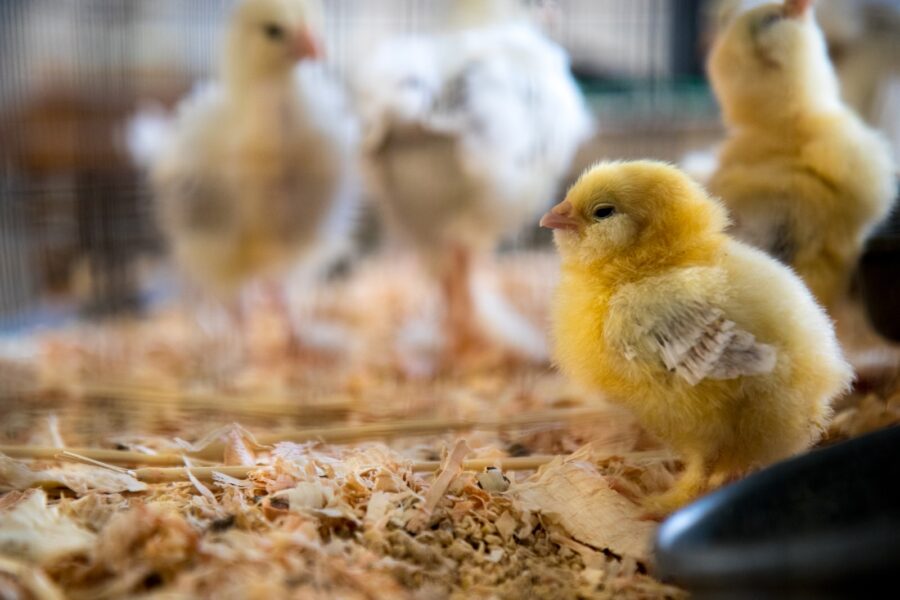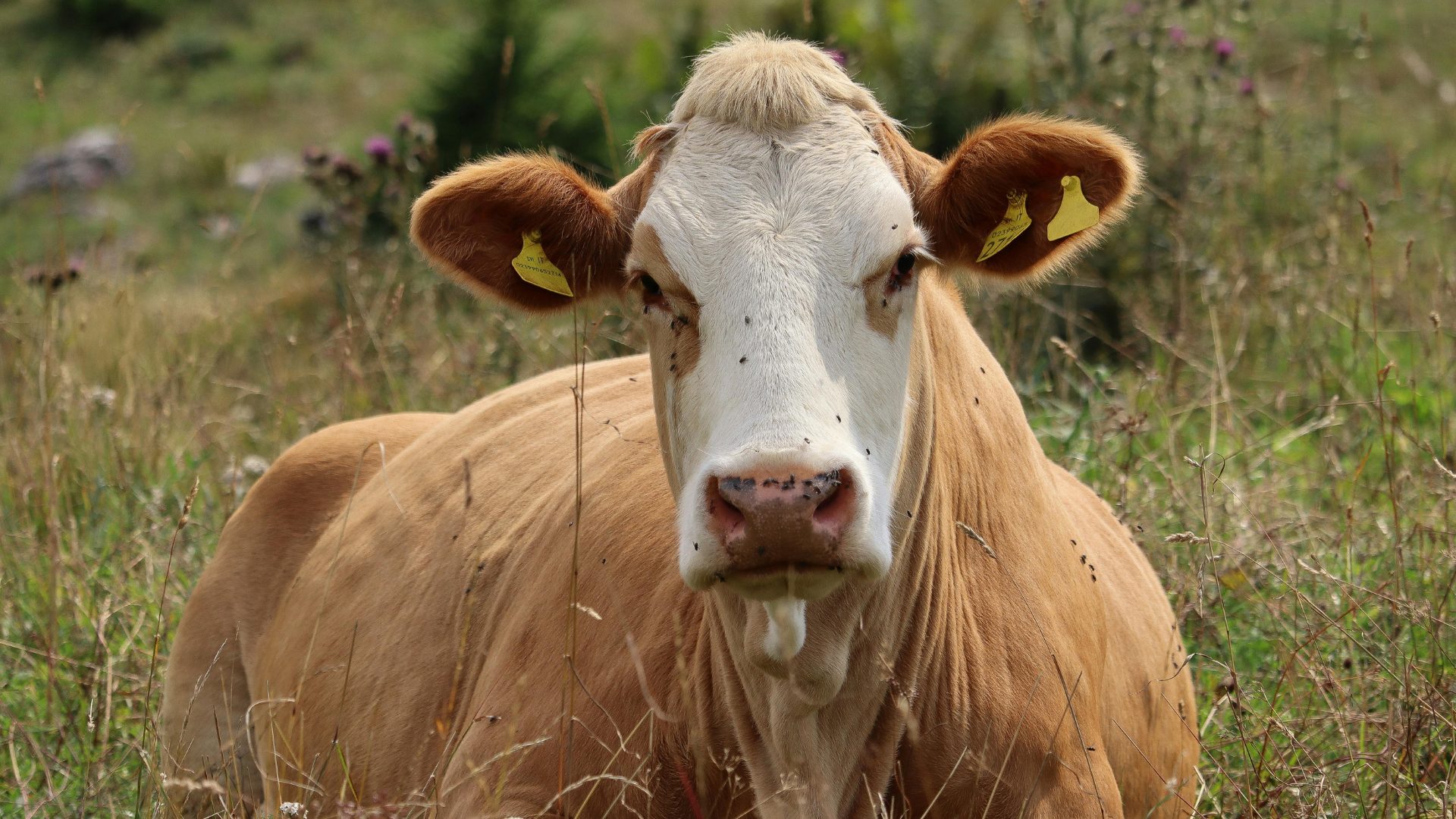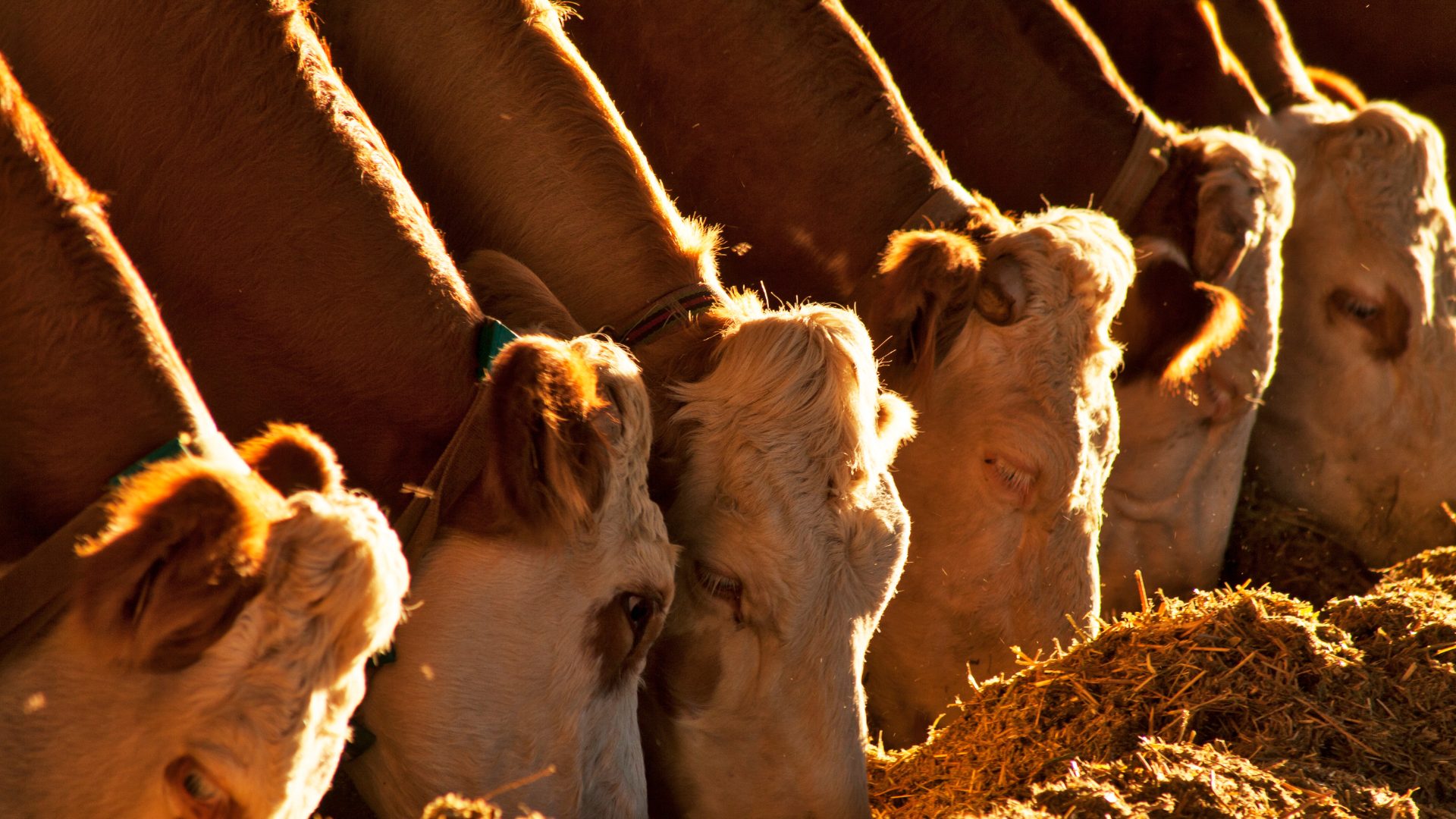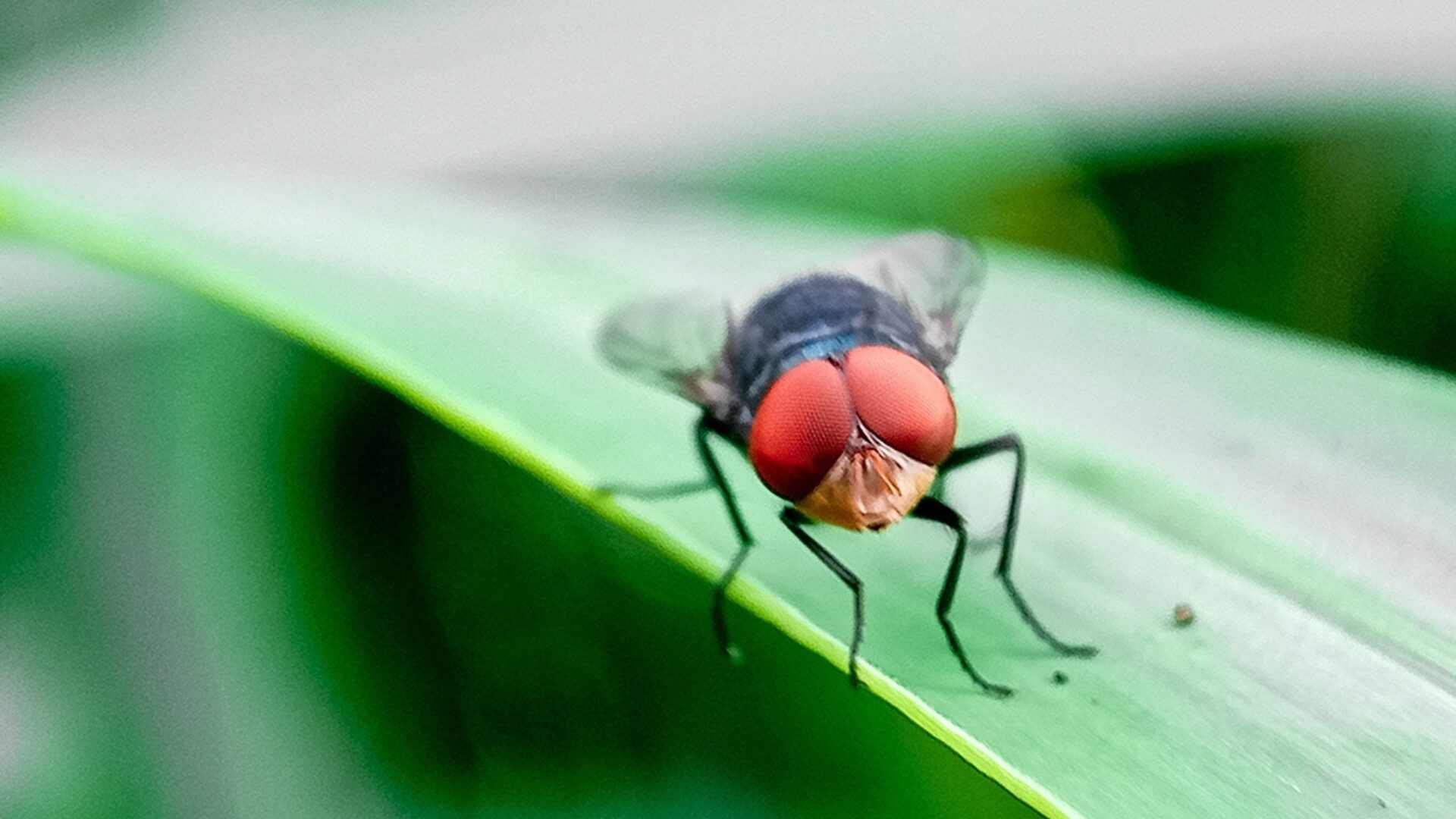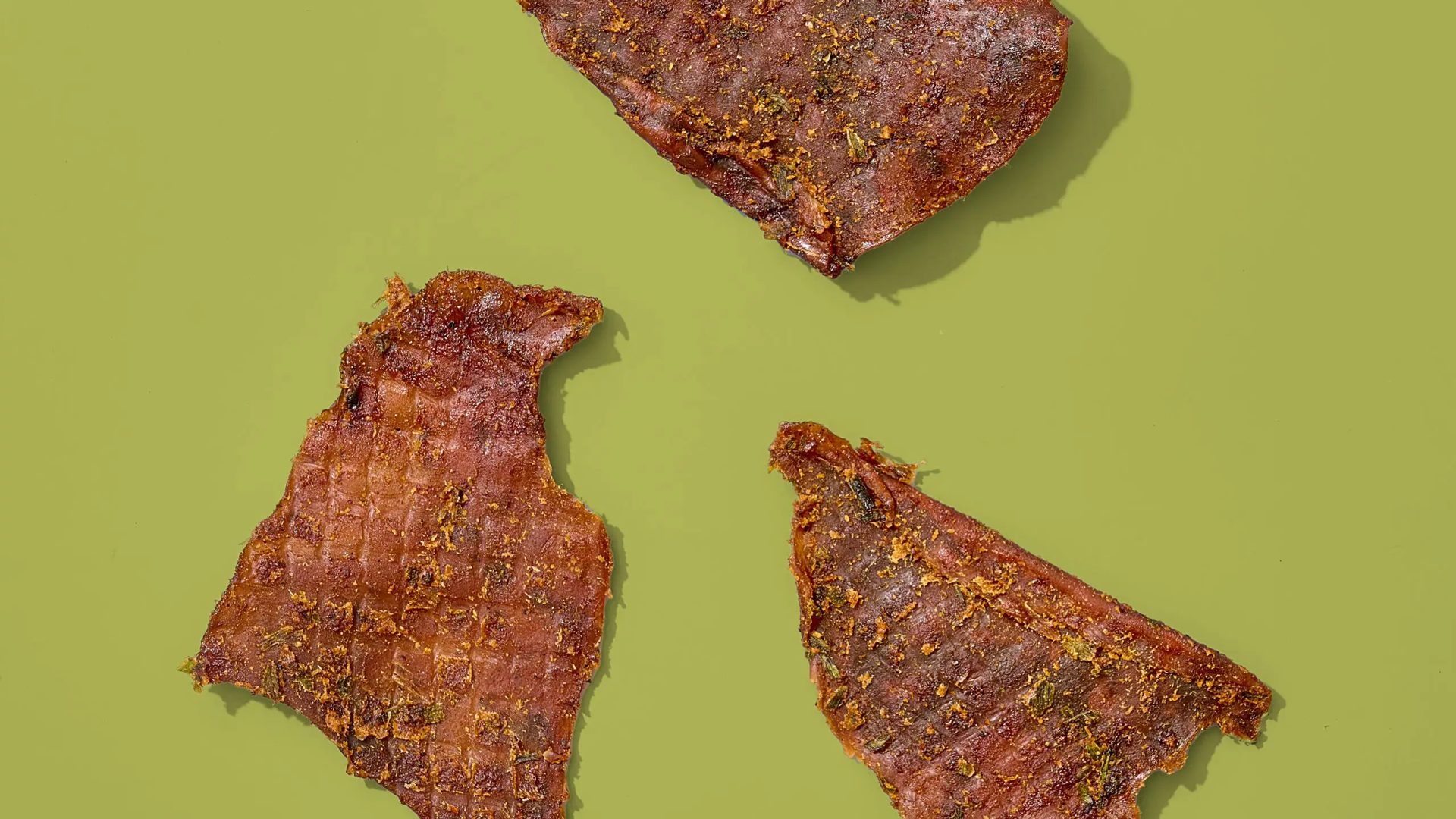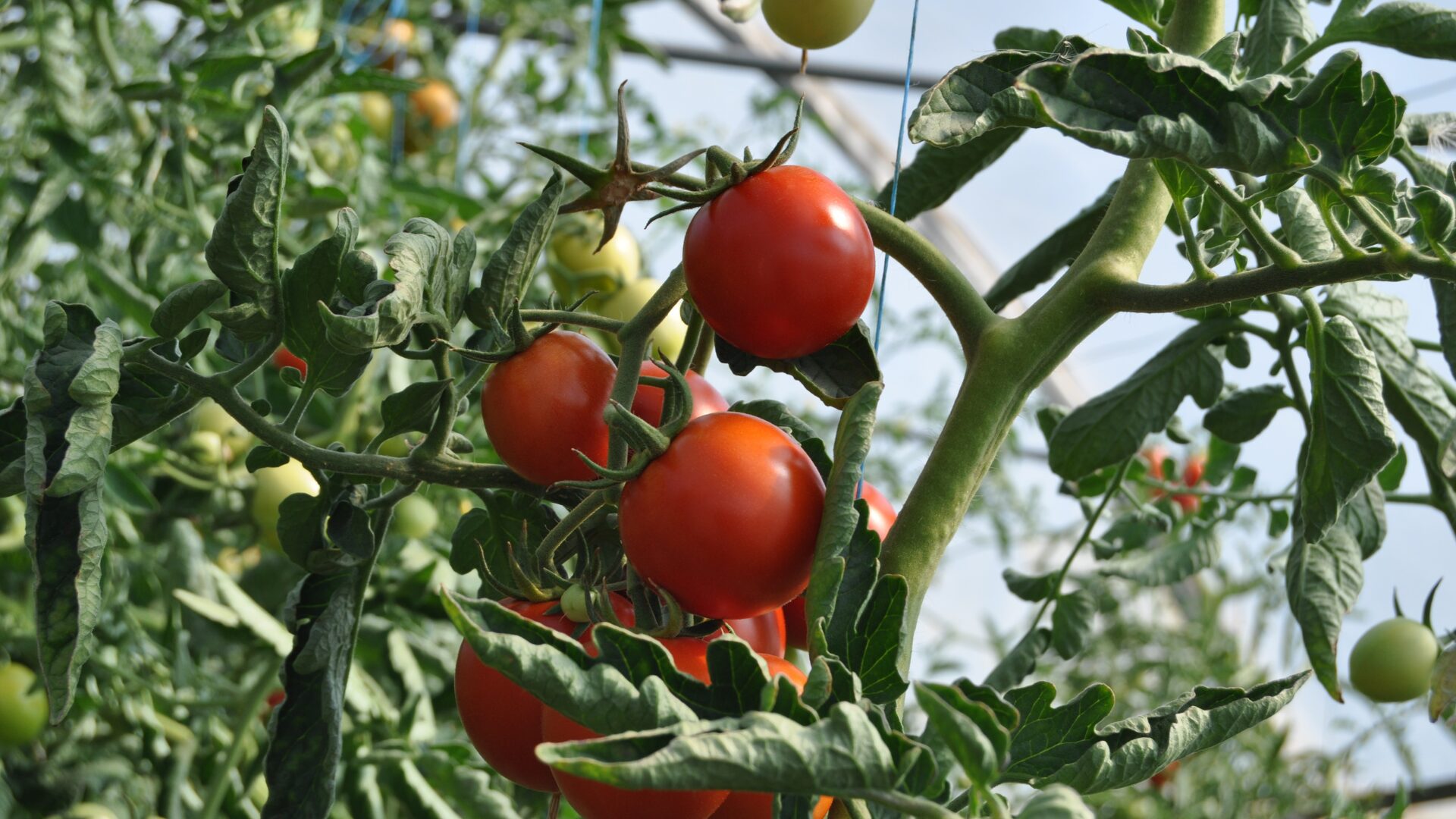In-ovo sexing, a technology that promises to make egg production more efficient, has been rolled out in Europe and Innovate Animal Ag is pushing for its adoption in the U.S.
Innovate Animal Ag, a nonprofit that helps agricultural producers, said the technology can help meet consumer demand in a more humane and sustainable way.
“Our research suggests that 89 percent of egg consumers do not understand that male chick culling is currently standard practice in the egg industry, and when they learn of the practice they’re very interested in alternatives,” Robert Yaman, founder of Innovate Animal Ag, told The Food Institute. “In-ovo sexing offers an affordable way to end the practice of chick culling.”
In-ovo sexing allows producers to determine a chick’s sex before it’s ready to hatch. Since half of chicks born by traditional methods are male, the technology allows producers to eliminate the cockerels before hatching.
The company’s research found 61% of consumers are uncomfortable with the practice of killing male chicks and just 11% are aware of the post-hatch culling process.
Forty-eight percent said they thought male chicks were raised for meat, Innovate Animal Ag noted.
Meanwhile, in other ag news:
Midwest braces for heatwave: As the Midwest braced for record-high temperatures at mid-week, crop worries returned. A heat wave sweeping the Midwest threatened to dry out grain crops in the final few weeks of the growing season, putting at risk a bumper U.S. harvest, reported Bloomberg.
Changes to the climate are putting increasing amounts of pressure on the agriculture sector and, subsequently, the worldwide food supply chain. The Midwest’s heatwave is another example of anomalous weather events that are becoming more frequent around the world. The biggest concern is for the fate of maturing corn and soybean crops growing in the Corn Belt, as the U.S. typically brings to the table nearly a quarter of the global corn trade according to USDA.
Some good news, for now, is that this stretch of extreme heat will break after a few days for farmers from the Midwest to the Gulf Coast.
West Coast storm update: Tropical storm Hilary swept over Southern California Sunday with high winds and heavy rain, creating flooding and landslides across a wide area and threatening crops. Parts of the storm were expected to hit the San Joaquin Valley, which produces 8% of the Central Valley’s agricultural output and 40% of its fruits and nuts. AgShared, an agricultural services company in Bakersfield, said on Facebook that grapes, almonds, spinach, tomatoes and other crops are particularly vulnerable.
“Coming right when pistachio, almond and corn harvests are due, the economic impact to California farmers could be significant,” the company said.
Yellow-legged hornet: The Georgia Department of Agriculture, USDA and the University of Georgia have confirmed a living yellow-legged hornet has been spotted in the U.S. for the first time. The non-native insect, a wasp species that constructs egg-shaped, above ground paper nests, eats pollinators, threatening the state’s honey production and other agriculture.
Uncommon flies: A rare fly was discovered by Customs and Border Protection officers in late July in a shipment of pocket leaves at Otay Mesa, California, cargo facility. The insect was identified as Rhabdotalebra signata, native to Colombia, Venezuela, Panama and Costa Rica, and is not currently in the USDA pest identification database. The shipment was returned to Mexico.
Editor’s note: additional reporting provided by FI digital content producer/reporter Brittany Borer.


